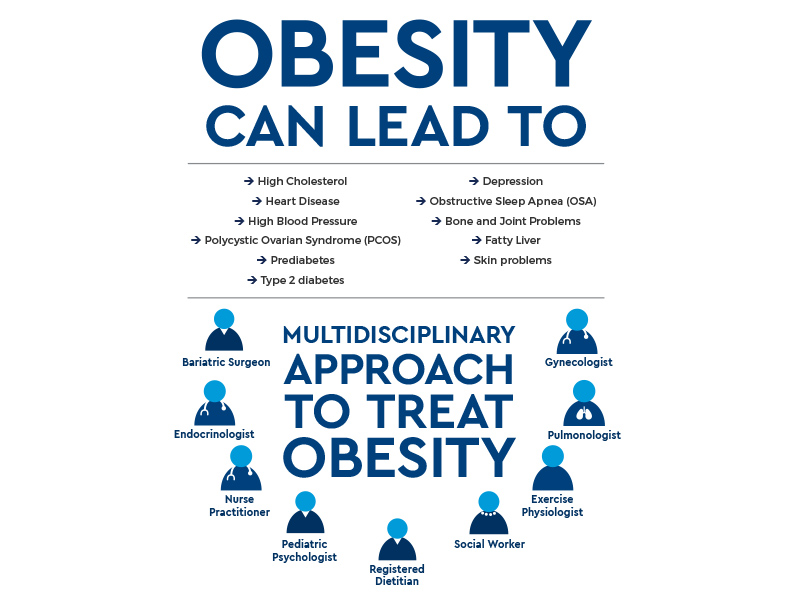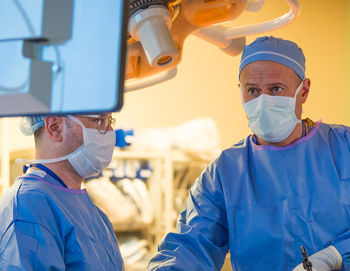- Doctors & Departments
-
Conditions & Advice
- Overview
- Conditions and Symptoms
- Symptom Checker
- Parent Resources
- The Connection Journey
- Calm A Crying Baby
- Sports Articles
- Dosage Tables
- Baby Guide
-
Your Visit
- Overview
- Prepare for Your Visit
- Your Overnight Stay
- Send a Cheer Card
- Family and Patient Resources
- Patient Cost Estimate
- Insurance and Financial Resources
- Online Bill Pay
- Medical Records
- Policies and Procedures
- We Ask Because We Care
Click to find the locations nearest youFind locations by region
See all locations -
Community
- Overview
- Addressing the Youth Mental Health Crisis
- Calendar of Events
- Child Health Advocacy
- Community Health
- Community Partners
- Corporate Relations
- Global Health
- Patient Advocacy
- Patient Stories
- Pediatric Affiliations
- Support Children’s Colorado
- Specialty Outreach Clinics
Your Support Matters
Upcoming Events
Mental Health Town Hall
Tuesday, April 23, 2024Join Children’s Hospital Colorado pediatric experts for a virtual...
-
Research & Innovation
- Overview
- Clinical Trials
- Q: Pediatric Health Advances
- Discoveries and Milestones
- Training and Internships
- Academic Affiliation
- Investigator Resources
- Funding Opportunities
- Center For Innovation
- Support Our Research
- Research Areas

It starts with a Q:
For the latest cutting-edge research, innovative collaborations and remarkable discoveries in child health, read stories from across all our areas of study in Q: Advances and Answers in Pediatric Health.


Making the Decision
Understanding severe obesity
It can be concerning to have a severely obese teen who has trouble losing weight. Severe obesity affects your teen both emotionally and physically. Because of the complexity of health conditions associated with severe obesity and potential risks, we use a multidisciplinary approach to treat obesity – so that we can address all aspects of your teen's health.
Learn more about severe obesity
Our families discuss their experience with severe obesity
One family shares how severe obesity has affected their life and how they made the decision to move forward with bariatric surgery.
Facts about severe obesity
Severely obese teens tend to have other health conditions, such as obstructive sleep apnea, type 2 diabetes, high cholesterol, high blood pressure, and bone and joint problems. Obese teens are also more likely to become obese adults with an increased risk of having a stroke or heart attack. Research has shown that bariatric surgery may help to reverse certain obesity-related conditions, and it can have a positive impact on weight-related quality of life.

Bariatric surgery considerations

Before, during and after surgery care
We consider all aspects of our patient's lives when they are discussing bariatric surgery options with us, including their quality of life.

Is bariatric surgery right for your teen?
To be a candidate for bariatric surgery, your teen must meet certain criteria.
Lifestyle considerations
Bariatric surgery is an effective tool that can help your teen lose weight. But, it can only be successful if your teen commits to following our care team's recommendations before surgery, after surgery and beyond. Here is what your teen can expect at Children's Colorado.

Before bariatric surgery
- Initial visit: medical, surgical, psychological and nutrition evaluations
- Monthly medically managed weight loss visits
- Insurance approval
- Preoperative visit

During bariatric surgery
- Bariatric surgery lasts between two to four hours, depending on the type of bariatric surgery performed
- One- to three-day hospital stay

After bariatric surgery
- Two-week recovery at home
- Transition of diet stages: liquid diet with protein to regular diet
- Vitamins and supplements for life
- Regular follow-up visits
- Regular physical activity
- Healthy eating for life

"I was already prediabetic, and I didn't want to have diabetes in a year."Mona, patient who went through bariatric surgery
28%
Average weight loss
95%
Remission rate of type 2 diabetes
350+
Surgeries performed by Dr. Inge
Additional bariatric surgery resources

Next: Preparation and recovery
Mona shares how she prepared for the journey.

Read more information about our bariatric surgery program and the types of surgeries we offer.

Learn more about how bariatric surgery works, its benefits and the criteria a teen needs to meet to have surgery.

Determine your teen's BMI using the CDC's tool, and entering in their weight and height.

Partnership with the University of Colorado School of Medicine
Children's Hospital Colorado partners with the University of Colorado School of Medicine, where many of our physicians and care providers serve as faculty.



 720-777-0123
720-777-0123





